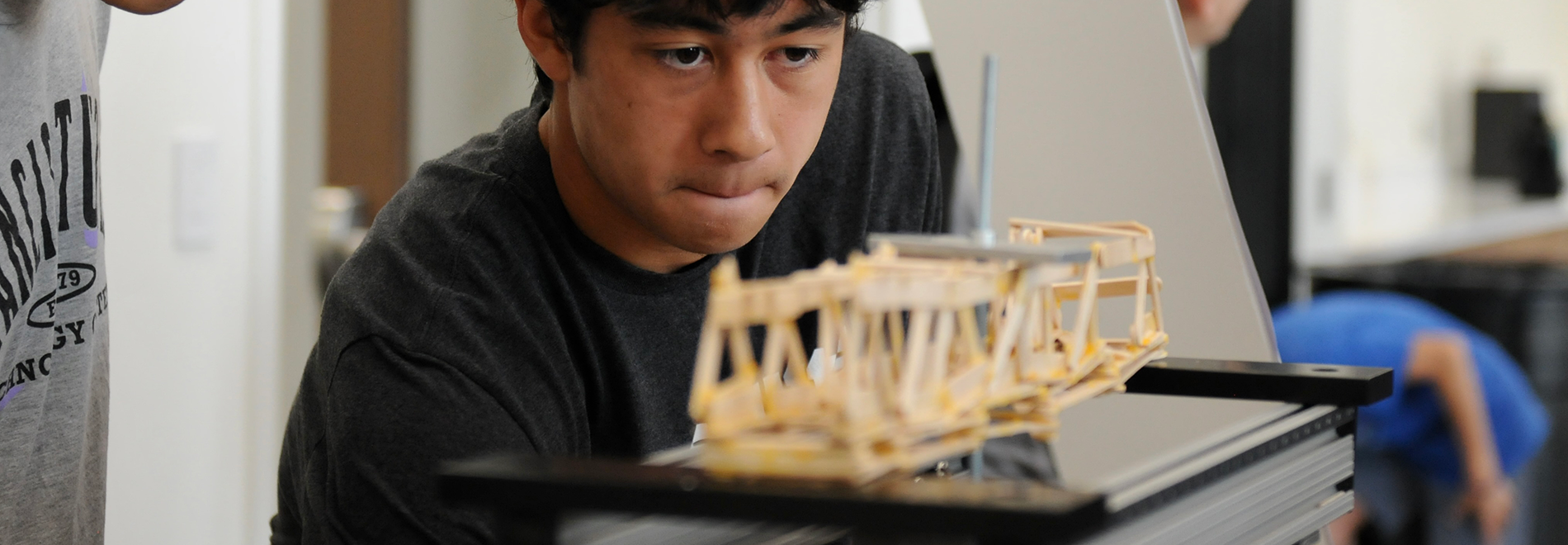“It gives them the opportunity to dive into engineering and be innovative. And to have fun, that’s the most important thing.”
Middle school students explored the field of engineering through hands-on experiences at Francis Tuttle Technology Center.
The annual Engineering Challenge was held on Friday, Oct. 3, at the Francis Tuttle Danforth Campus in Edmond. Students from area middle schools who are interested in engineering and STEM fields participated in activities and competitions that tested their knowledge.
“It gives them the opportunity to dive into engineering and be innovative,” Brad Sanders, Chemistry Instructor in the Engineering Academy at Danforth, said. “And to have fun, that’s the most important thing.”
Students spent the morning participating in on-site competitions, such as creating paper airplanes to fly the farthest, building bottle rockets, constructing aluminum foil boats so they handle the most weight, and assembling straw towers that can hold up a softball.
Some competitions required students to prepare by constructing projects in the classroom beforehand. Teams brought model bridges made of popsicle sticks to be weight tested and cars powered by mousetraps to see how far they could make it down the hall.
They were guided by Francis Tuttle students currently in the Engineering Academy, one of three STEM programs offered to high school students in the district. Ben Liese, a first-year student from Edmond North High School, said he enjoyed telling the middle school students about the academy and encouraging them to think creatively.
“I make sure they know that everyone here is really friendly,” Liese said. “If they want to know more about the academy, I’ll tell them how it all works. And then I try to ask them a really random question, just to get them thinking.”
Most students participating in the Engineering Challenge already enjoy similar STEM lessons in their school classrooms. Sanders said the hands-on element of the event provides another layer to keep them interested in these important fields.
“It’s a deeper understanding of the concepts they’re already learning,” he said. “It puts theory into practice. And they can see our students on their own journeys and see for themselves that it’s doable.”
